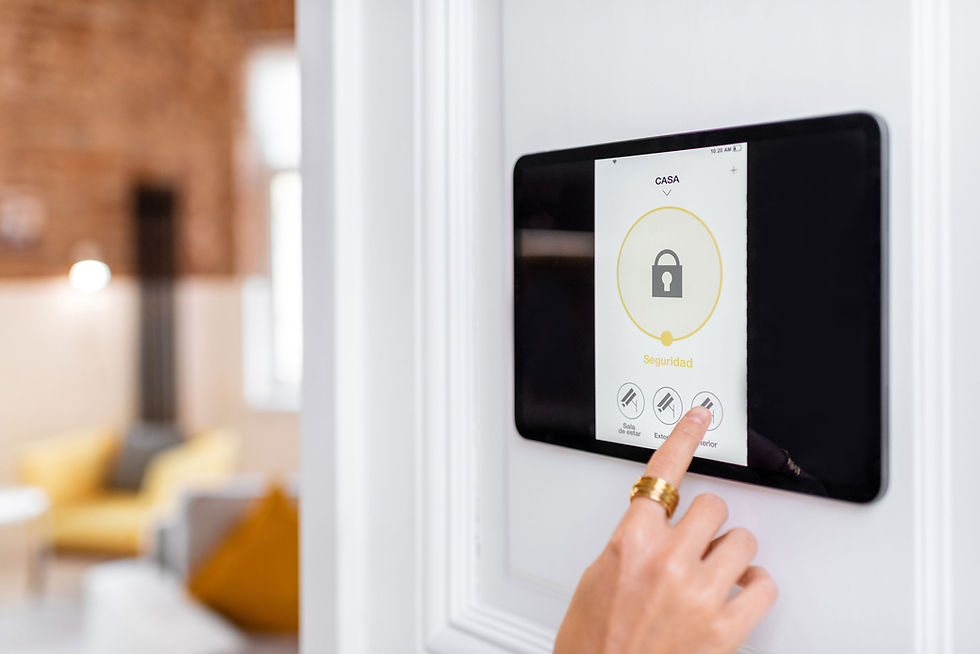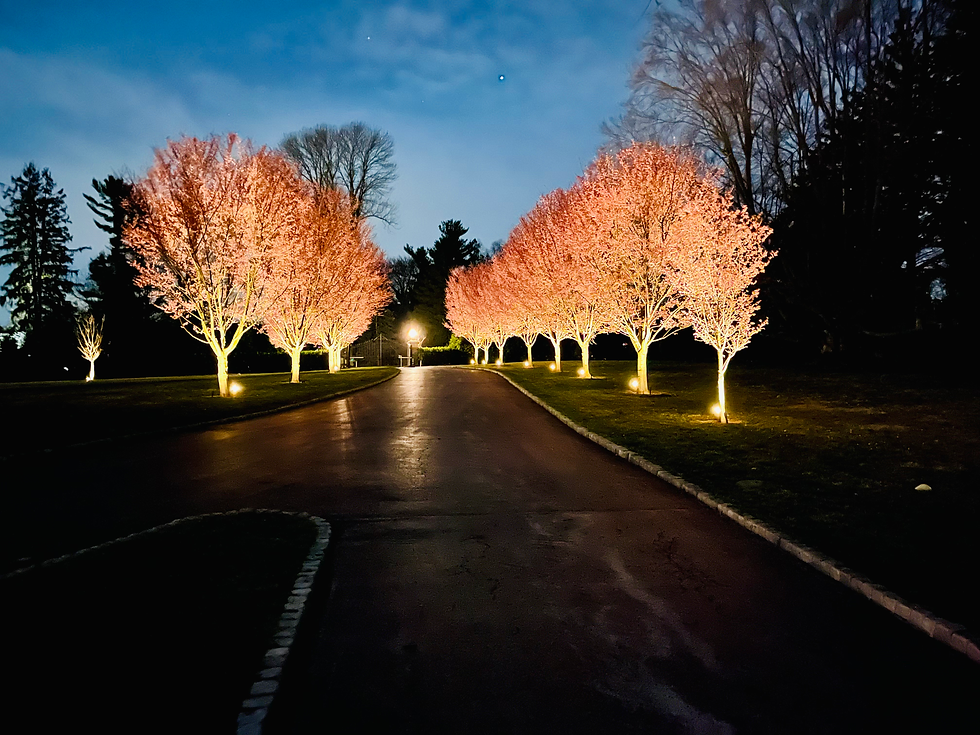Adding Smart Home Features to Your New Construction Home
- Smart Home & Hifi
- Feb 13, 2025
- 3 min read
When building a new home, integrating smart home technology from the start is a game-changer. Unlike retrofitting an existing home, adding smart features during construction allows for seamless installation, improved efficiency, and a fully customized experience. Whether you’re looking to enhance security, energy efficiency, or convenience, here’s how to incorporate smart home technology into your new construction home.

Plan Ahead for Smart Home Integration
Before construction begins, consider what smart home features are essential for your lifestyle. Discuss your needs with your builder and electrician to ensure proper wiring, power sources, and network connectivity. Pre-wiring for devices such as security cameras, speakers, and smart thermostats ensures a clean, professional installation without the hassle of exposed wires.
Invest in a Strong Home Network
A smart home relies heavily on a stable internet connection. Opt for a high-speed fiber or gigabit internet plan and consider installing wired Ethernet connections throughout your home. A mesh Wi-Fi system can also help eliminate dead zones and provide consistent connectivity for all smart devices.
Smart Security and Access Control
Enhancing security is a top priority for many homeowners. Consider installing:
Smart Locks – Control access to your home remotely and grant temporary access codes for visitors.
Video Doorbells – See and speak to visitors from anywhere via your smartphone.
Security Cameras – Monitor your property with high-definition cameras that offer motion detection and night vision.
Smart Alarms and Sensors – Get alerts for unexpected activity or potential hazards, such as fire or water leaks.
Automated Climate Control
Smart thermostats, such as Nest or Ecobee, optimize energy efficiency by learning your habits and adjusting temperatures accordingly. Integrating smart ceiling fans and automated window shades can further enhance comfort and energy savings.
Smart Lighting Solutions
Automated lighting adds convenience and ambiance. Install:
Smart Bulbs and Switches – Control brightness and color settings from your phone or via voice commands.
Motion Sensors – Automatically turn lights on and off based on movement.
Lighting Schedules – Program lights to turn on and off at specific times for security and energy efficiency.
Entertainment and Home Automation
Incorporating entertainment systems and home automation can enhance your living experience. Options include:
Whole-Home Audio Systems – Stream music in different rooms with built-in speakers.
Smart TVs and Universal Remotes – Control all entertainment devices from one interface.
Home Automation Hubs – Platforms like Amazon Alexa, Google Home, or Apple HomeKit allow you to control multiple devices with a single voice command.
Energy Efficiency Upgrades
Make your home more energy-efficient with:
Smart Plugs and Outlets – Monitor and control power usage remotely.
Smart Water Heaters – Optimize heating schedules to reduce energy costs.
Solar Panels with Smart Monitoring – Track energy production and consumption in real-time.
Future-Proof Your Home
Technology evolves quickly, so design your home with future upgrades in mind. Install extra conduits for additional wiring, use standardized protocols like Z-Wave or Zigbee for device compatibility, and choose devices that offer firmware updates for longevity.
Adding smart home features to your new construction home is a wise investment that enhances comfort, security, and efficiency. By planning ahead and choosing the right technologies, you can create a home that is not only modern and convenient but also future-ready. Work with your builder and technology experts to design a seamless smart home experience tailored to your needs.




